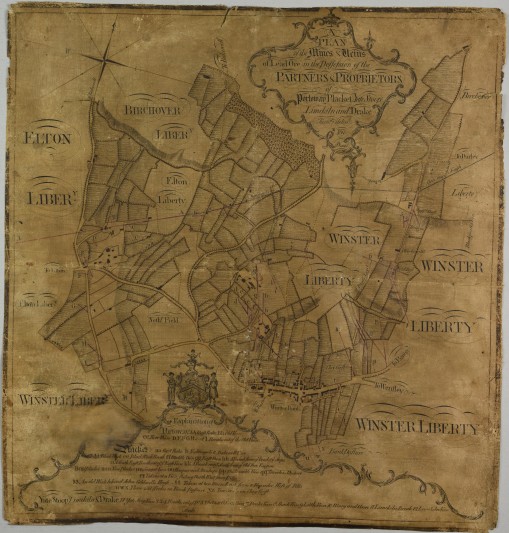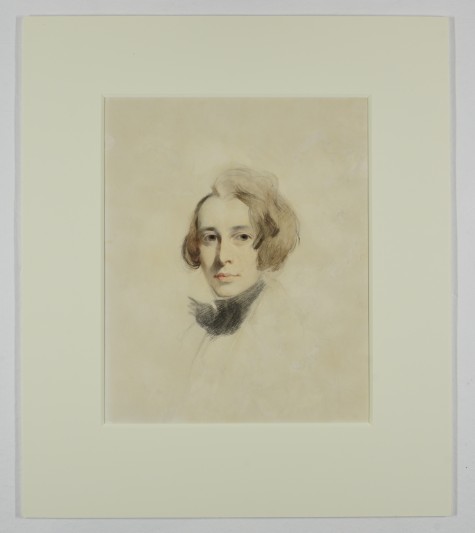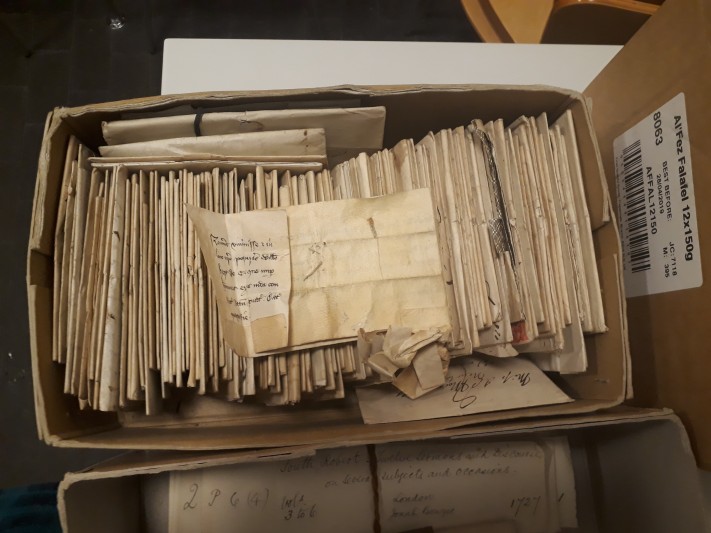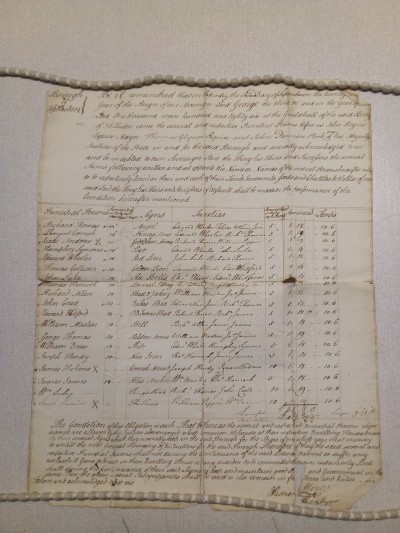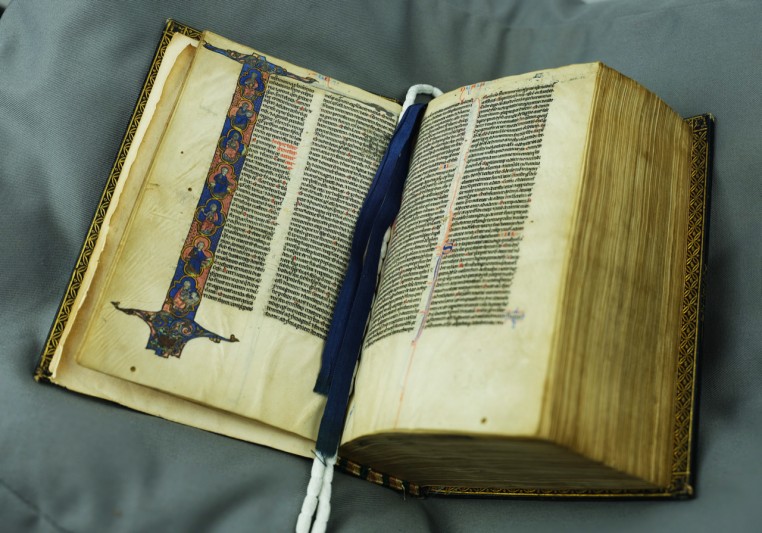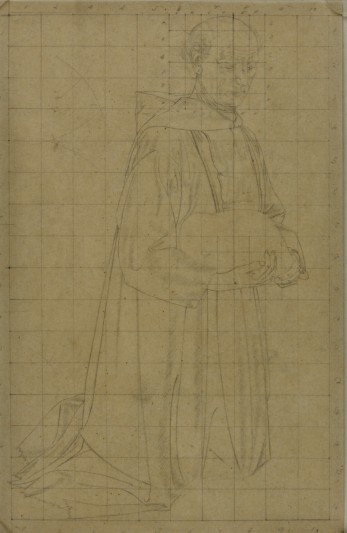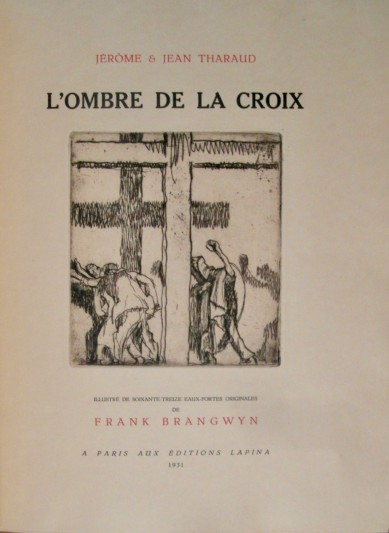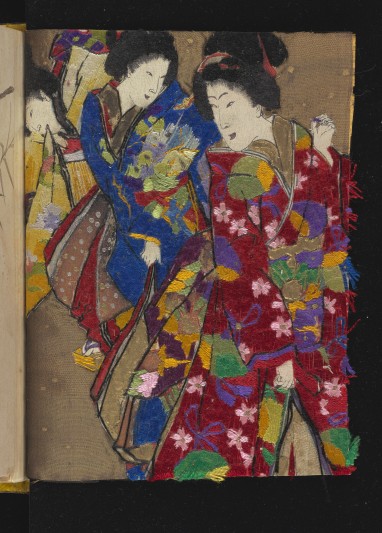One of two grants awarded to Dorset History Centre in 2018 enabling them to acquire original designs from the Poole Pottery.These colourful, attractive items form part of a much larger business archive which was dispersed at the point of the company's liquidation in 2003. This resulted in two large sales of archival material in both London and Dorchester. Much of the archive was acquired for DHC by a coalition of public and private fundraising across Dorset, but significant parts of the archive went into private hands. DHC has been involved in selective and intermittent acquisition of Poole Pottery material to add to the principal archive ever since. The bulk of the archive was catalogued in 2009 thanks to a grant received from The National Archives via its cataloguing grants programme and can be accessed online.
Search FNL grants since 1931
One of two grants awarded to Dorset History Centre in 2018 enabling them to acquire original designs from the Poole Pottery.These colourful, attractive items form part of a much larger business archive which was dispersed at the point of the company's liquidation in 2003. This resulted in two large sales of archival material in both London and Dorchester. Much of the archive was acquired for DHC by a coalition of public and private fundraising across Dorset, but significant parts of the archive went into private hands. DHC has been involved in selective and intermittent acquisition of Poole Pottery material to add to the principal archive ever since. The bulk of the archive was catalogued in 2009 thanks to a grant received from The National Archives via its cataloguing grants programme and can be accessed online.
Winster is a beautiful and historic village in the Peak District National Park. In the mid-18th century it was a prosperous lead mining town but when the mines flooded, the industry died and the population shrank. The village’s former prosperity is visible in t
In 2017, the Charles Dickens Museum was approached by a private collector in America and given a rare opportunity to consider acquiring material before the remainder of the collection was sold. The collection – which we believe was the largest private collection of Dickens material in the world – had been amassed over a period of 40 years.
We have acquired over 300 items including 145 autograph letters, 54 manuscript items, 25 books from Dickens's own library and 33 artworks.
This acquisition brings outstanding material into a public collection where it can be accessed, researched and displayed, thereby extending the knowledge and appreciate of Dickens’s life and work.
These documents provide crucial material relating to the first generation Marriotts of Cotesbach Hall, now occupied by the 8th generation of the family and where, through the efforts of many, we now have the most wonderful facility (principally HLF funded), namely an environmentally controlled archive which is accessible to the public, schools, researchers alike. Amongst the collection are documents relating to the purchase of Cotesbach Estate in 1759, which will fill in many missing pieces of an intriguing story.
The Cornwall Record Office already held the Helston Borough archive, as well as the Argal manor collection but the former was conspicuously light on Poor Law and settlement papers and this was because that content had, at same point in the past, been separated off from the Borough archives, as represented in the documents which were offered to the Record Office. The Office was very keen to acquire this collection to augment what was already a very extensive Borough archive and to provide a much better resource for the study of the family and social history of this key Cornish town which received its first charter in 1336.
‘The Lyghfield Bible’, illuminated manuscript on vellum, late 13th century.
It is almost certain that the Lyghfield Bible was produced in Paris by professional scribes and illuminators in the later 13th century. Paris was the centre of the production of 'Pocket Bibles', of which the Lyghfield Bible is a fine example. Pocket Bibles brought all of the books of the Bible into one volume of a small format, and were produced in large numbers from the later 13th century onwards. The volumes were designed for personal learning and devotion, and they were particularly convenient for scholars and travelling preachers.
The script of the Lyghfield Bible is tiny but impeccable, with its Latin written in two columns on fine vellum. Each book of the Bible begins with a tiny exquisite illumination.
The Bible is a highly important addition for our collections.
These four preparatory drawings are for the painting ‘Scenes from the Life of St Martin’, which forms the altarpiece of St Martin’s Chapel in the North-East transept of the Cathedral. Knights completed the painting in 1933.
The painting itself was lent to the Dulwich Picture Gallery in 2016 for its widely acclaimed retrospective exhibition on Knights, and was displayed alongside a number of her preparatory drawings. The exhibition highlighted the importance of the Cathedral’s painting amongst the artist’s oeuvre. For the Cathedral, the painting is a highly significant example of 20th-century art, and also of work by women artists.
A finely bound copy of the 1931 edition of L'Ombre de la Croix by the brothers Jérôme and Jean Tharaud, complete with all the 73 etchings by Frank Brangwyn. The copy was commissioned for the French film producer Guy Seligman, and bears his book label. It was very beautifully rebound (two volumes in one) by E and A Maylander of Paris.
Brangwyn’s work is at the heart of the Campion Hall collection: his set of stations of the cross, chiaroscuro lithographs onto wooden panel (1927) are the key element in the design of the Chapel, since the architect, Sir Edwin Lutyens, took the module of panelling, fenestration, and paving from them. Brangwyn also gave the Hall his high quality cast of the Bruges Madonna, with which he had been presented when he was given the freedom of Bruges (his native city), and also his own copy (in a fine 17th-century binding) of the Dürer Little Passion. The Hall also owns a number of his etchings, including a few from L'Ombre de la Croix, framed and currently hung with prints by David Jones and Eric Gill.
An exceptionally rare artist’s book in a contemporary cuir japonais binding, demonstrating the late 19th-century fashion for all things Japanese. There are no other copies recorded in UK libraries; another of the six special copies can be found at the Bibliothèque municipal in Angers (in a binding by Irène Pascalidès). This acquisition complements the Library’s holdings of fine bindings, colour plate books and extra-illustrated books, as well as being a fine addition to our collections of material relating to Japan.
The contemporary cuir japonais binding is by Lucien Durvand (1852–1924) and features a blind-stamped collage of tasselled medallions with hand-coloured Japanese scenes (including a pagoda, the procession of a dignitary, battle scenes, and an arching bridge) and Japanese-patterned brocade endleaves in shades of jade, crimson and gold.
